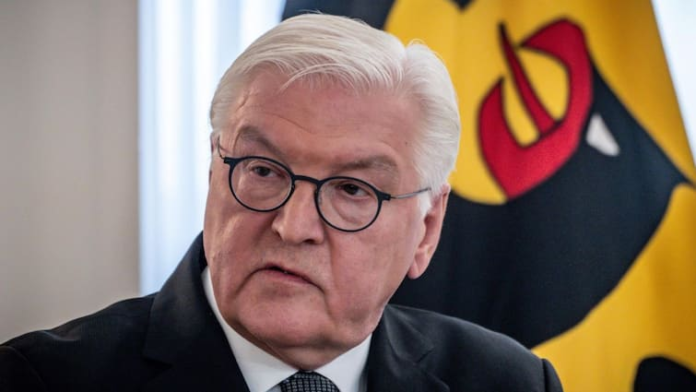German President Frank-Walter Steinmeier on Friday dissolved parliament and announced new elections for 23 February following the collapse of Chancellor Olaf Scholz’s three-party governing coalition. Scholz lost a confidence vote on 16 December and currently leads a minority government.
The coalition disbanded on 6 November after Scholz dismissed his finance minister over a disagreement on revitalising Germany’s struggling economy. Leaders of major political parties agreed to hold parliamentary elections seven months earlier than scheduled.
As per Germany’s post-World War II constitution, the Bundestag cannot dissolve itself. The decision rested with Steinmeier, who had a 21-day window to act. Once dissolved, elections must be conducted within 60 days.
ALSO READ | Yemen’s Houthis Claim Missile Attack On Tel Aviv Day After Israeli Air Strikes At Sanaa Airport
German Election: Opinion Polls Show Tough Contest For Chancellor Olaf Scholz
The election campaign is already underway, with opinion polls indicating a tough contest for Scholz, news agency AP reported. His party trails the conservative Union bloc, led by Friedrich Merz, who is tipped as a strong contender for the chancellorship. Vice Chancellor Robert Habeck of the environmentalist Greens, the remaining coalition partner, is also in the race for the top position, despite his party’s lower standing in polls.
The populist, anti-immigration Alternative for Germany (AfD) has nominated Alice Weidel as its candidate for chancellor. However, the party remains isolated, as other major political groups refuse to collaborate with it, AP reported.
Germany’s electoral system traditionally results in coalition governments, with no party expected to secure an outright majority. Analysts predict weeks of negotiations post-election to establish a new governing coalition.
This marks only the fourth time the Bundestag has been dissolved ahead of schedule since the adoption of Germany’s post-war constitution. Previous instances include 1972 under Willy Brandt, 1982 under Helmut Kohl, and 2005 under Gerhard Schroeder. Notably, Schroeder engineered an early election via a confidence vote, which centre-right challenger Angela Merkel narrowly won.
